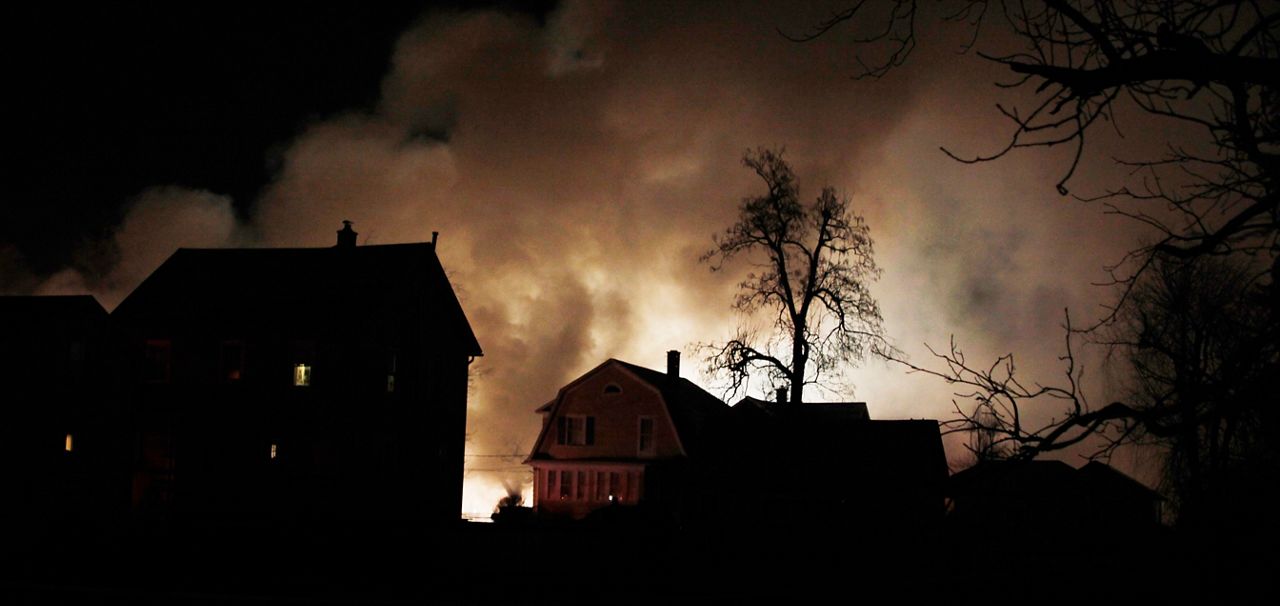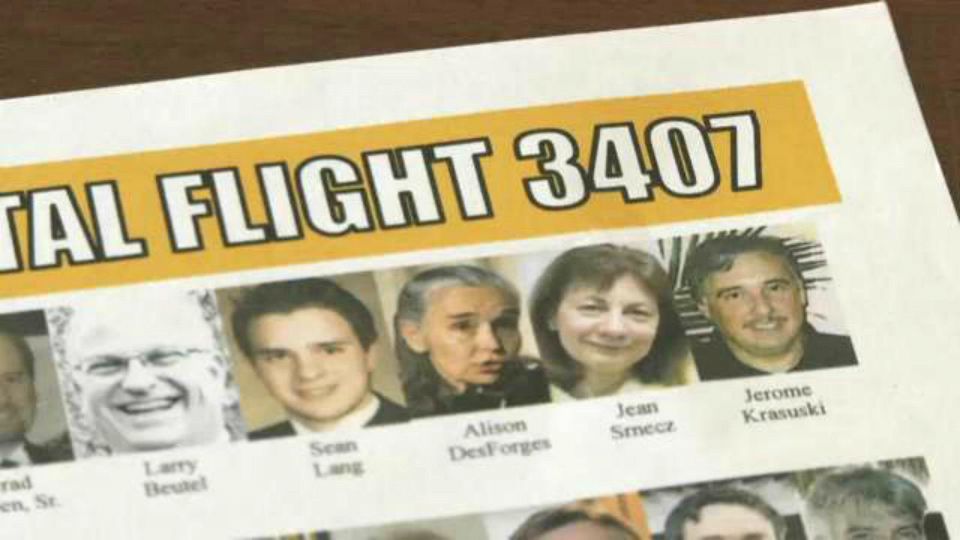The NTSB said there were a number of factors contributing to the crash of Colgan Air Flight 3407, including pilot error, a lack of training, and fatigue. Determined to make sure no family ever had to go through what they did again, those who lost loved ones on that night nearly 10 years ago immediately sprang into action to make a change.
The days were long, usually nine to ten hours, walking door to door across the capital, sometimes logging five to seven miles a day.
The families took Washington by storm in their legislative pursuits, gaining the support from some heavy hitters in aviation.
Captain Chesley “Sully” Sullenberger, Miracle on the Hudon’s pilot, and his first officer, Jeff Skiles, joined the families in their advocacy.
The problem stemmed from major airlines bidding out routes between smaller cities to regional carriers.
“They have to produce their product at the lowest cost possible,” Skiles said.
Scott Maurer, who lost his daughter Lorin in the crash, added, "You fly the planes, we’ll pay for the gas, we’ll buy the plane for you, but you hire your own workforce, you train them.”
Co-pilots were getting into the cockpit of regional airlines with as little as 250 hours of training. The major carriers all require thousands of hours.
According to the Regional Airline Association, regionals operate 42 percent of flights in the U.S.
The Airline Safety and Federal Aviation Administration Extension Act of 2010 passed late on August 1, 2010.
The families of Flight 3407 were in D.C. waiting in Congresswoman Louise Slaughter’s office where they remember her ordering a dozen pizzas for them while they waited for the news.
The law increased crew rest requirements between shifts and limited duty times. It required the first officer to have an Airline Transport Pilot license – which is the highest standard. Previously, only the captain had to have the certification.
It required airlines disclose who was operating the flight: if it was the major carrier through which the ticket was purchased, or a smaller, regional carrier.
It maintained that airlines have formal safety management systems, training plans, and professional development.
That legislation was just renewed in the latest FAA Reauthorization Bill that passed in fall 2018, solidifying it for at least another five years.
In the next installment of the week-long series, we'll take a look at the effects of the legislation, if it accomplished what it set out to do, and why the families are still fighting, now 10 years later.








